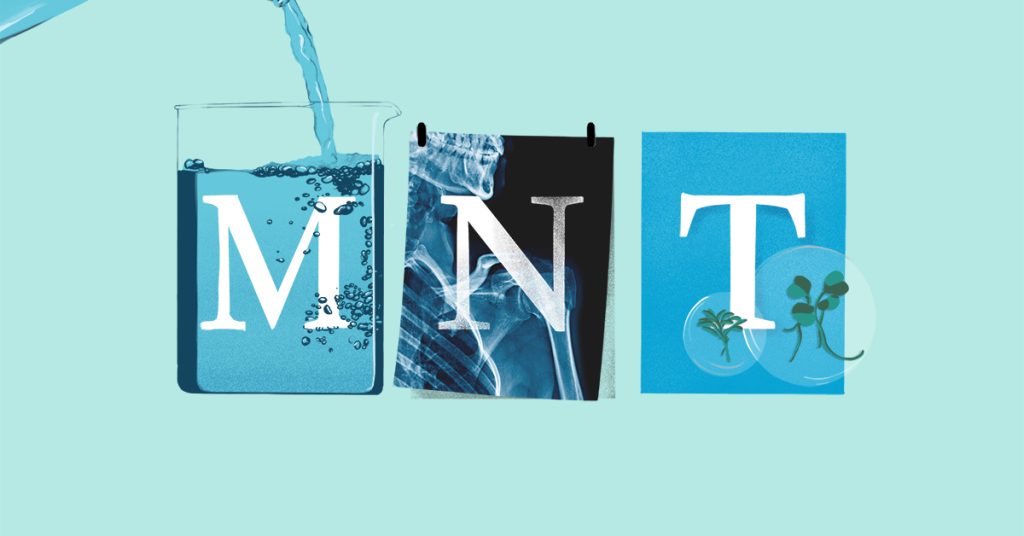Aging can bring about changes in the brain, leading to challenges such as decreased attention and longer learning times for older adults. There is also an increased risk of developing dementia with age, highlighting the need for interventions to prevent cognitive decline. The hippocampus, a crucial region of the brain responsible for memory and decision making, is particularly affected by aging and conditions such as Alzheimer’s disease. As such, researchers are interested in understanding how different interventions, such as exercise, can impact brain function in older adults. A recent study published in Aging and Disease focused on examining the effects of different levels of exercise intensity on hippocampal function in healthy older adults.
The study recruited 194 participants between the ages of 65 and 85, excluding those with certain medical conditions or cognitive decline. Participants were divided into three groups based on the intensity of the exercise they would undergo: low-intensity training, medium-intensity training, and high-intensity interval training (HIIT). Over six months, participants engaged in supervised exercise three times a week, with cognitive and hippocampal function tests conducted throughout the intervention and follow-up periods. Researchers found that the HIIT group showed improvement in hippocampal-dependent spatial learning, which was maintained over a five-year follow-up period. Participants who initially performed poorly on cognitive assessments showed the most improvement in the HIIT group, with stable hippocampal volume observed in this group compared to decreases in the other groups.
While the results of the study suggest that HIIT can improve hippocampal-dependent learning in healthy older adults, researchers note certain limitations, such as the small sample size and exclusion criteria that may limit the generalizability of the findings. Future research with larger samples and inclusion of a sedentary control group could provide more insights into the effects of exercise on brain function. The study authors also point out the need for further investigation into how exercise impacts working memory and emotional recognition, as well as exploring genetic factors that may influence individual responses to exercise interventions. Additionally, more research is needed to determine if similar HIIT protocols would yield the same results, highlighting the importance of continued investigation in this area.
Dr. Michele Longo, MD, a neurologist at University Medical Center New Orleans, emphasized the importance of biomarkers as predictors for improved hippocampal function and personalized exercise regimens for older adults at risk of cognitive decline. The study’s findings could have significant clinical implications, potentially informing exercise-based interventions for cognitive health in older adults and promoting HIIT as a non-pharmacological strategy to mitigate age-related cognitive decline. Overall, the research underscores the potential benefits of exercise, particularly high-intensity interval training, in preserving cognitive function and hippocampal health in older adults, offering new insights into strategies for healthy aging and dementia prevention.


